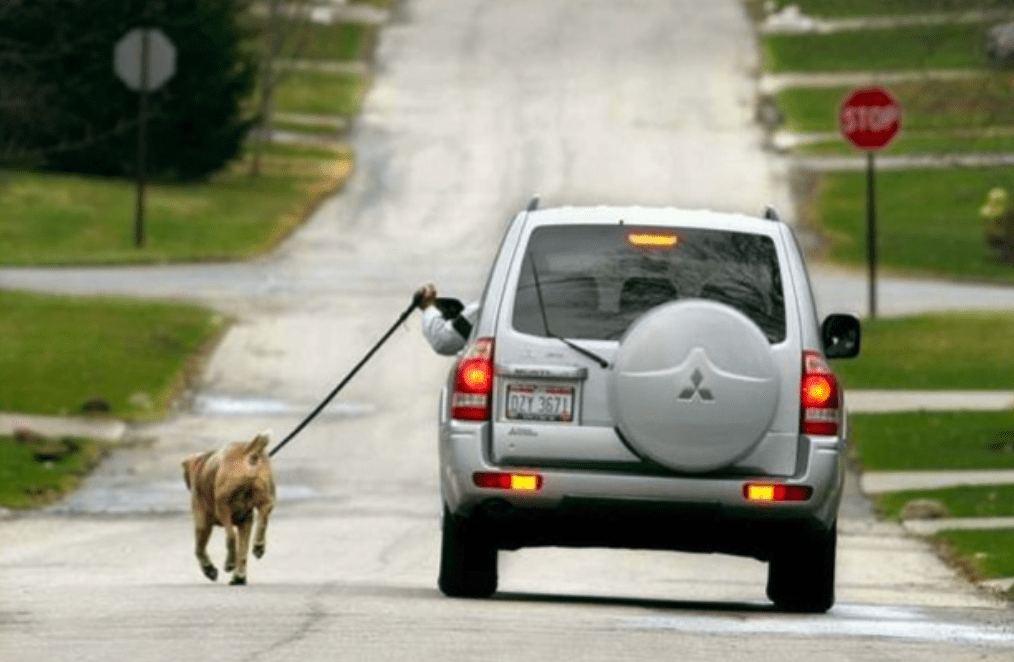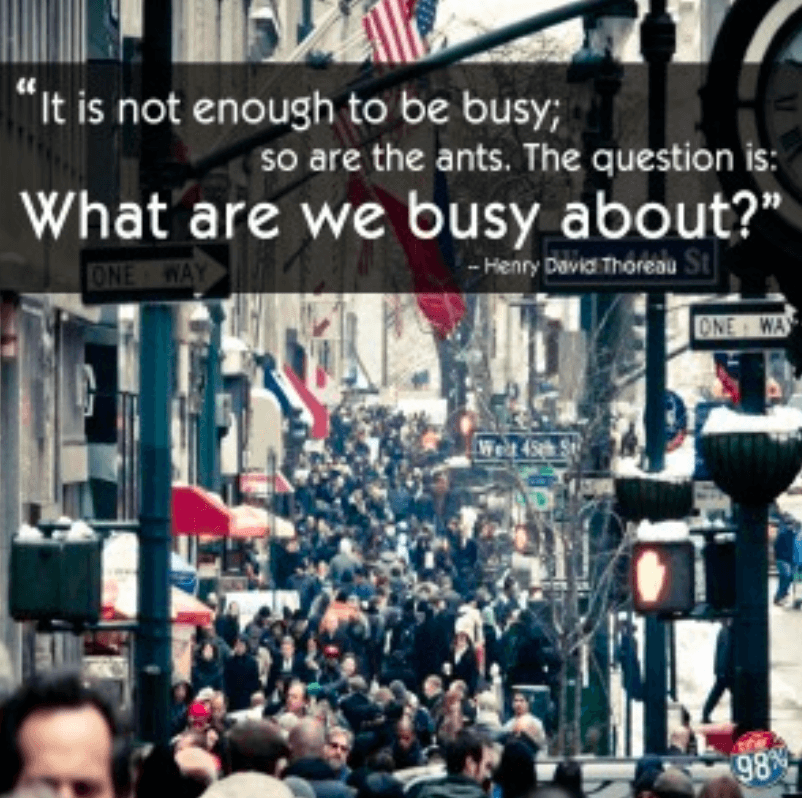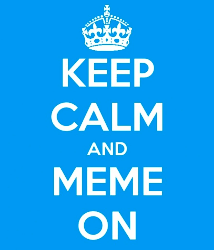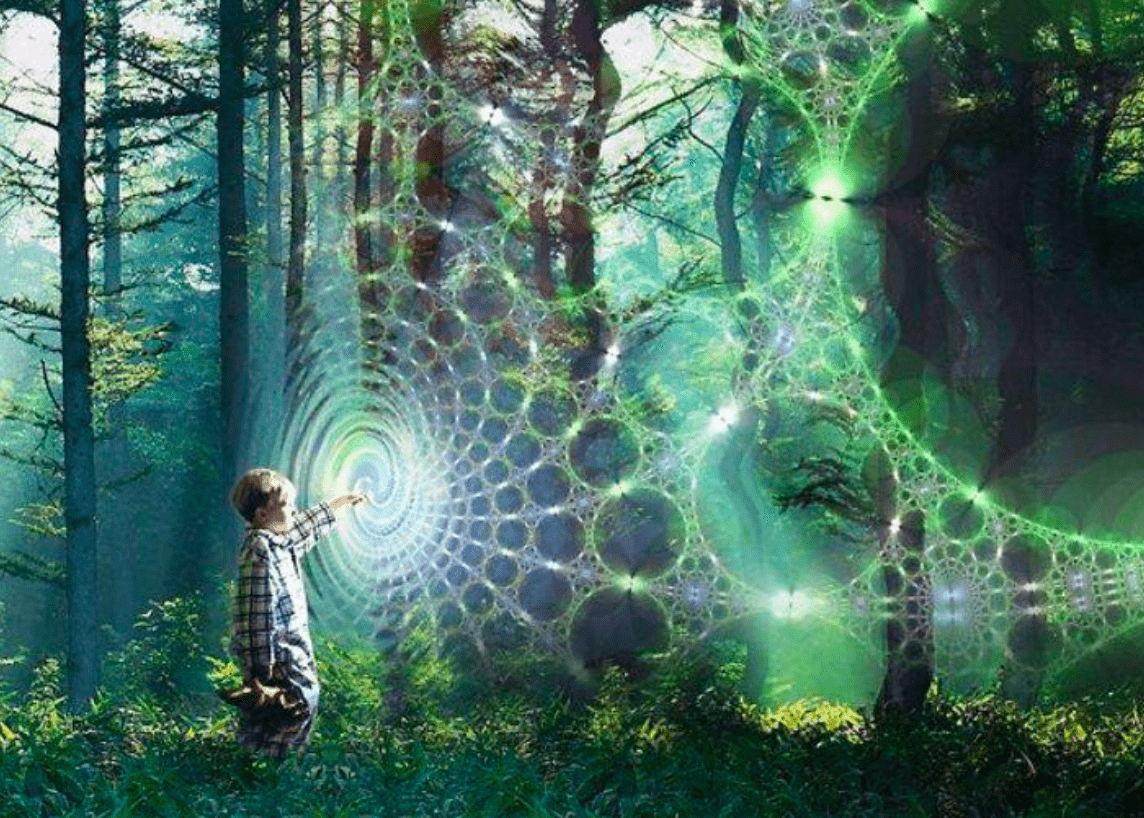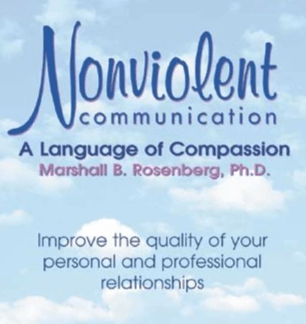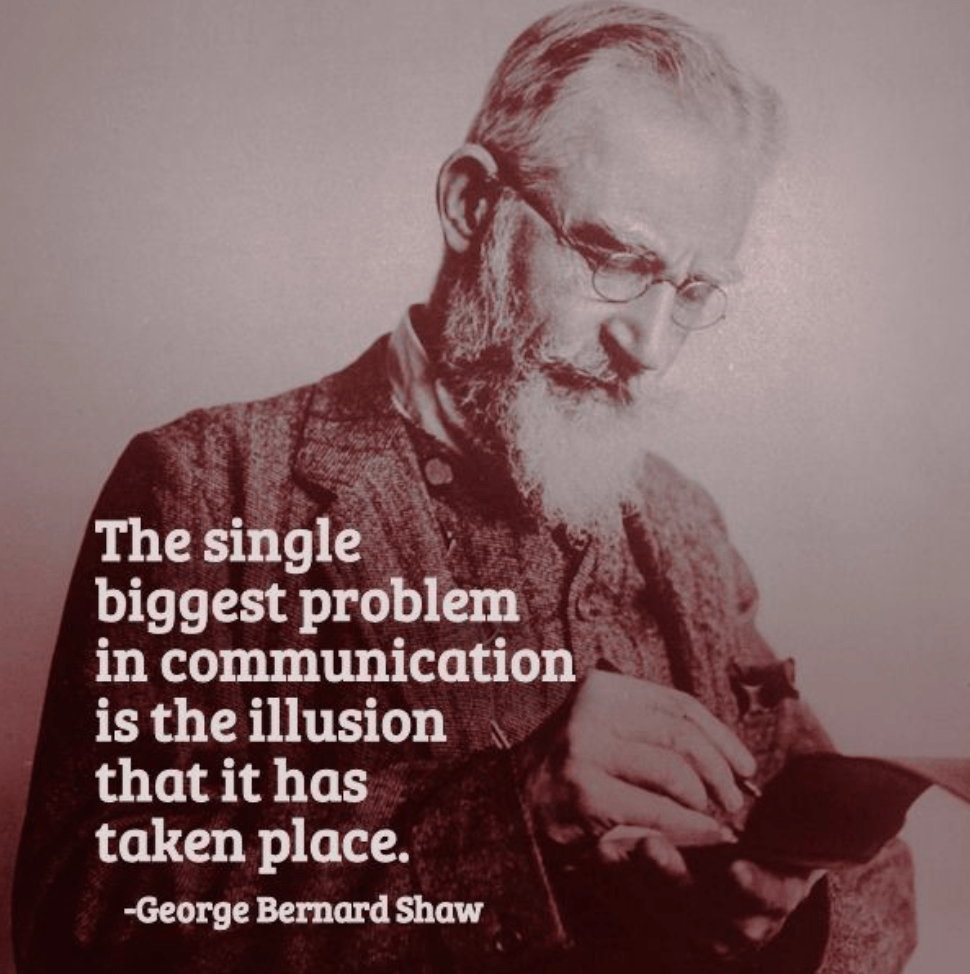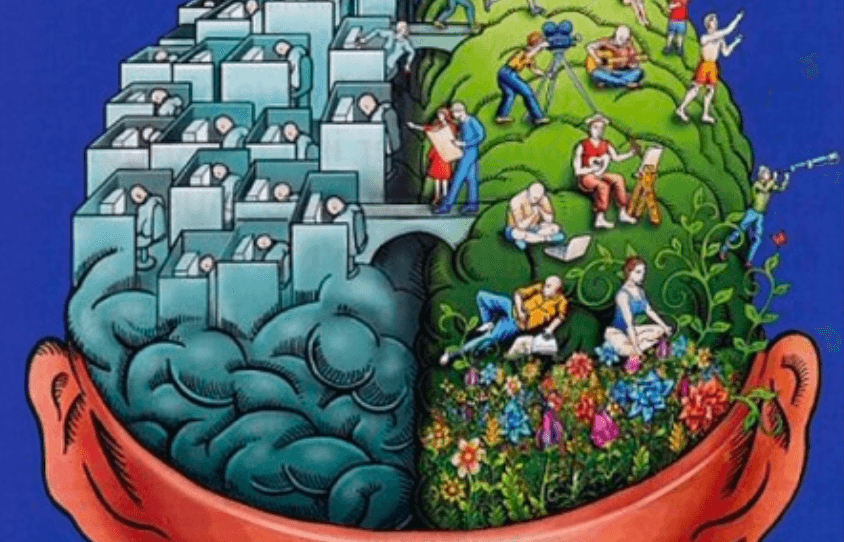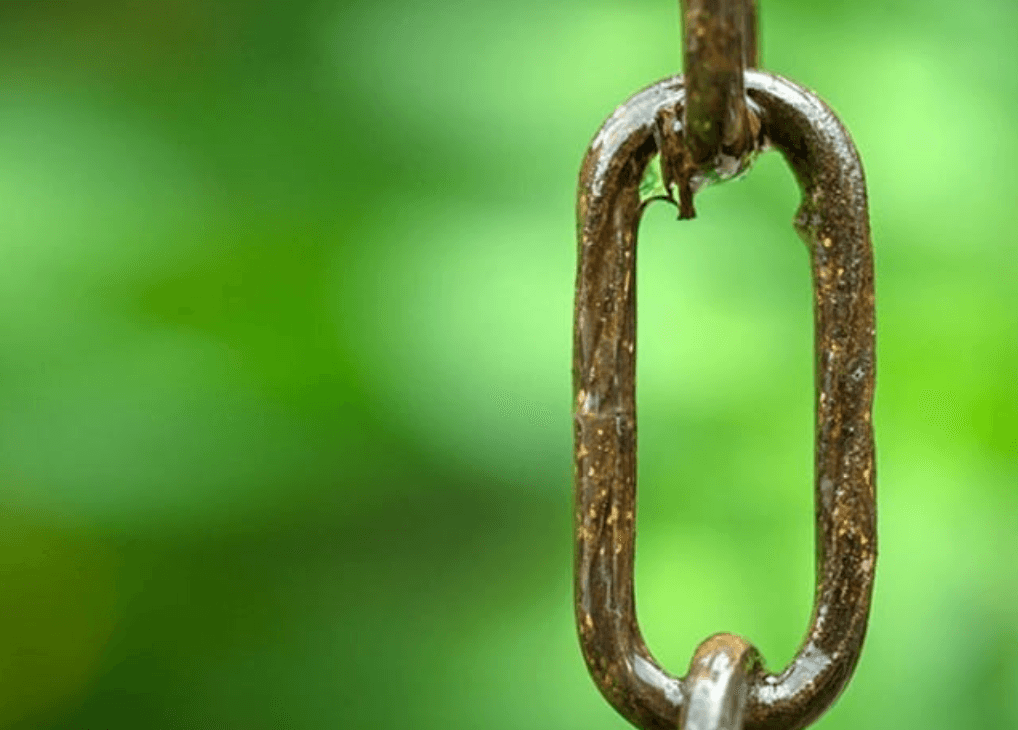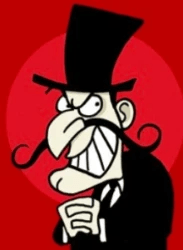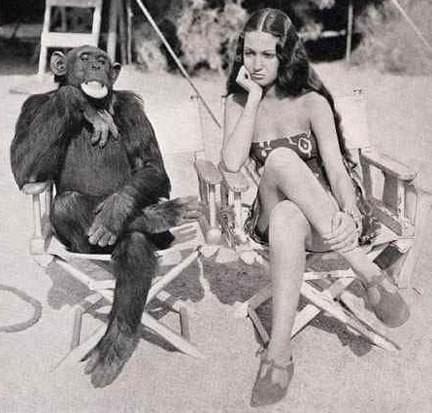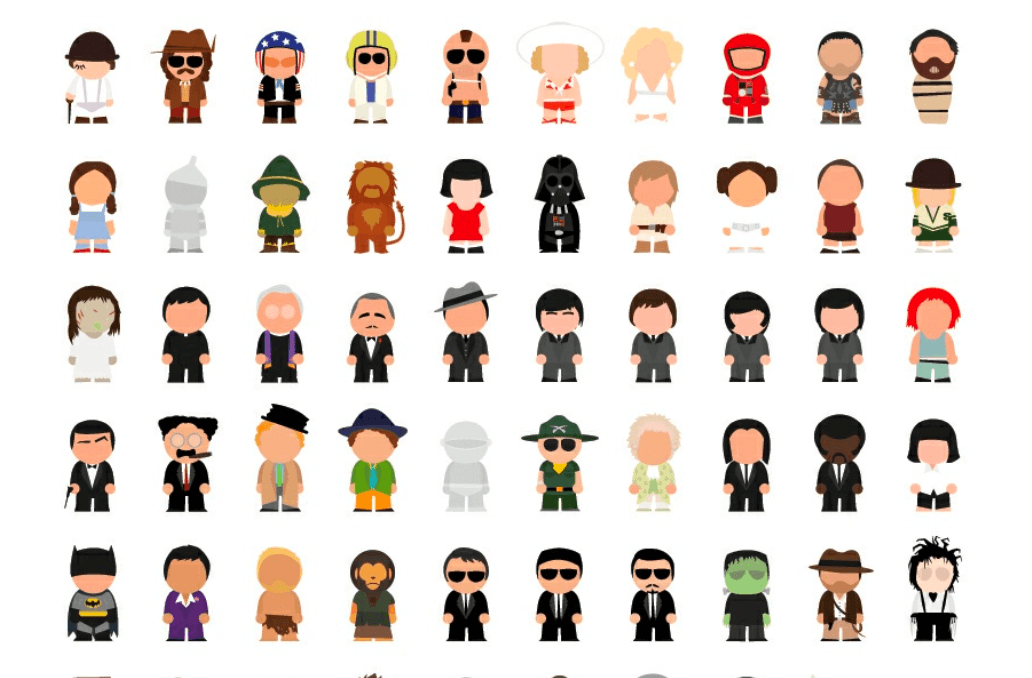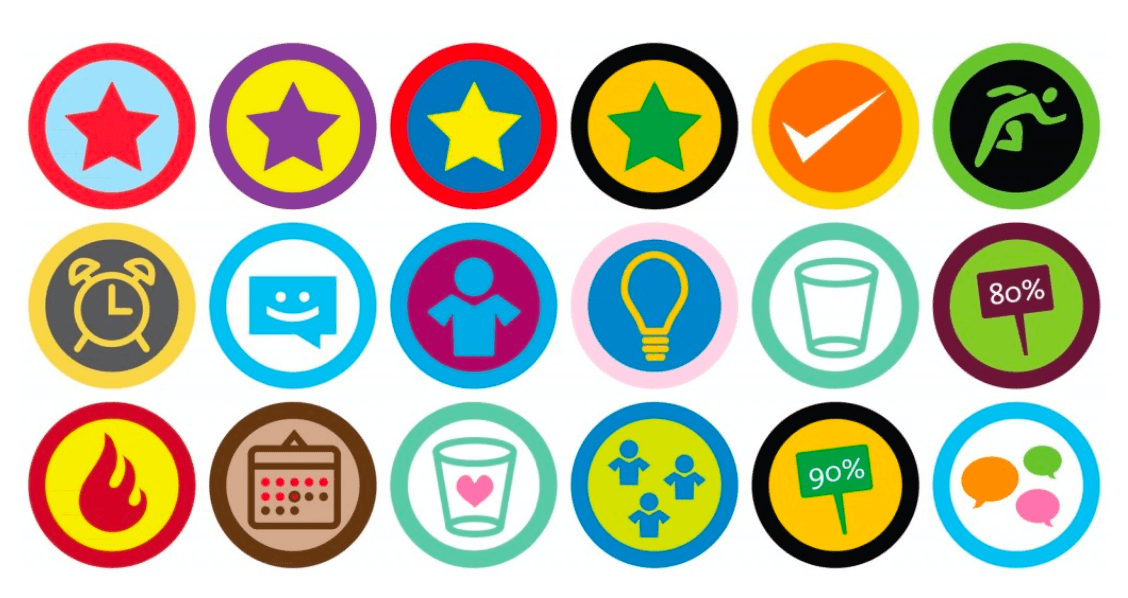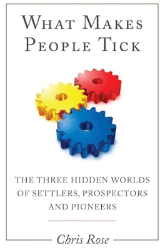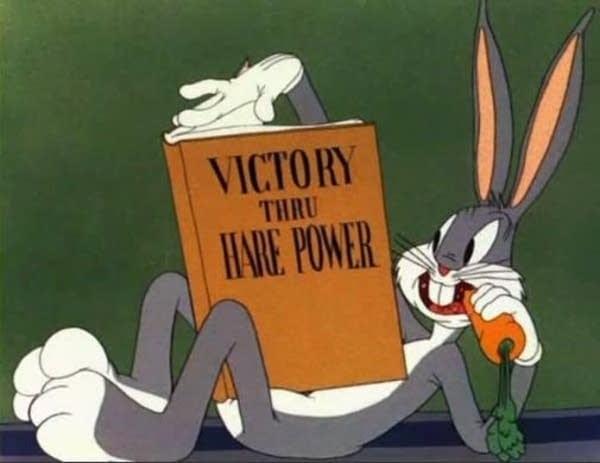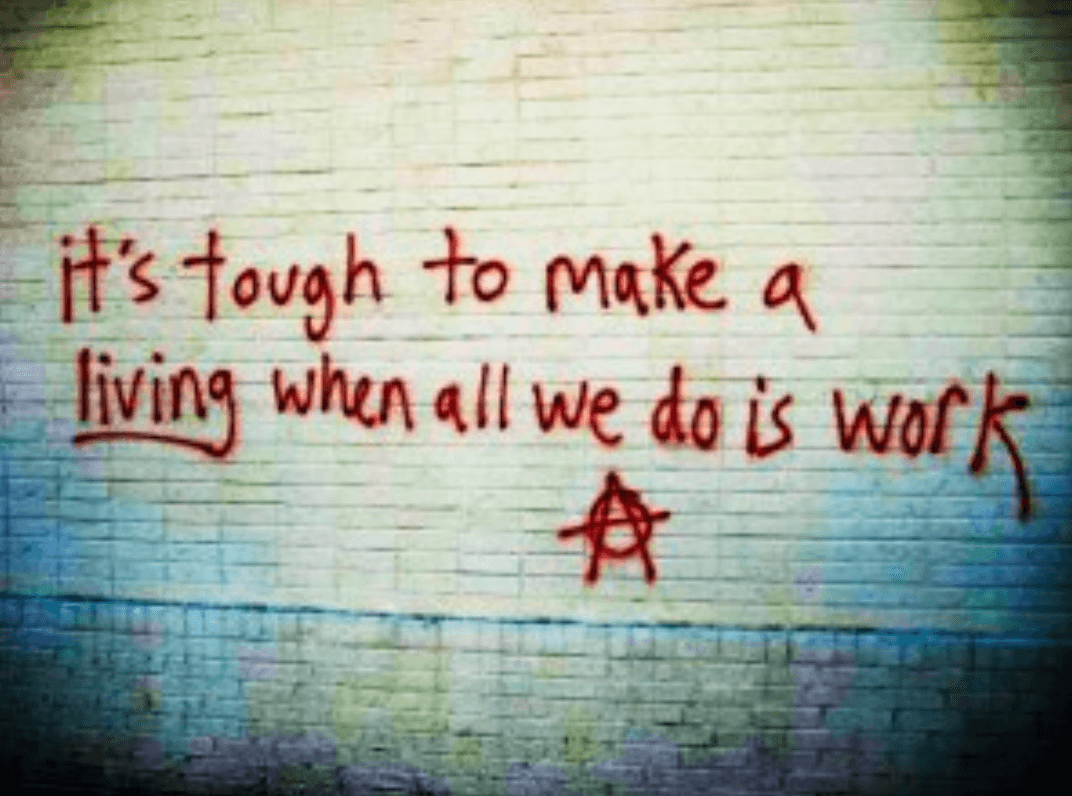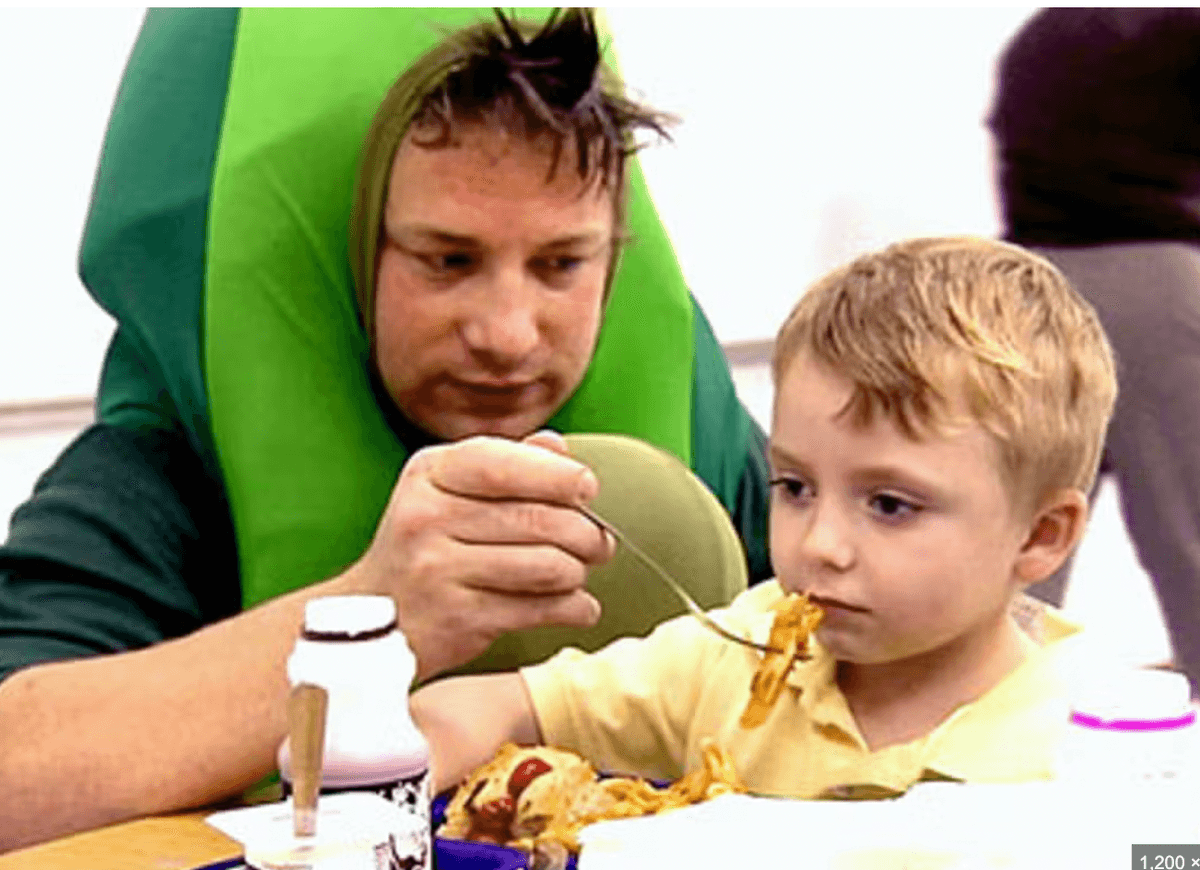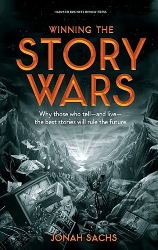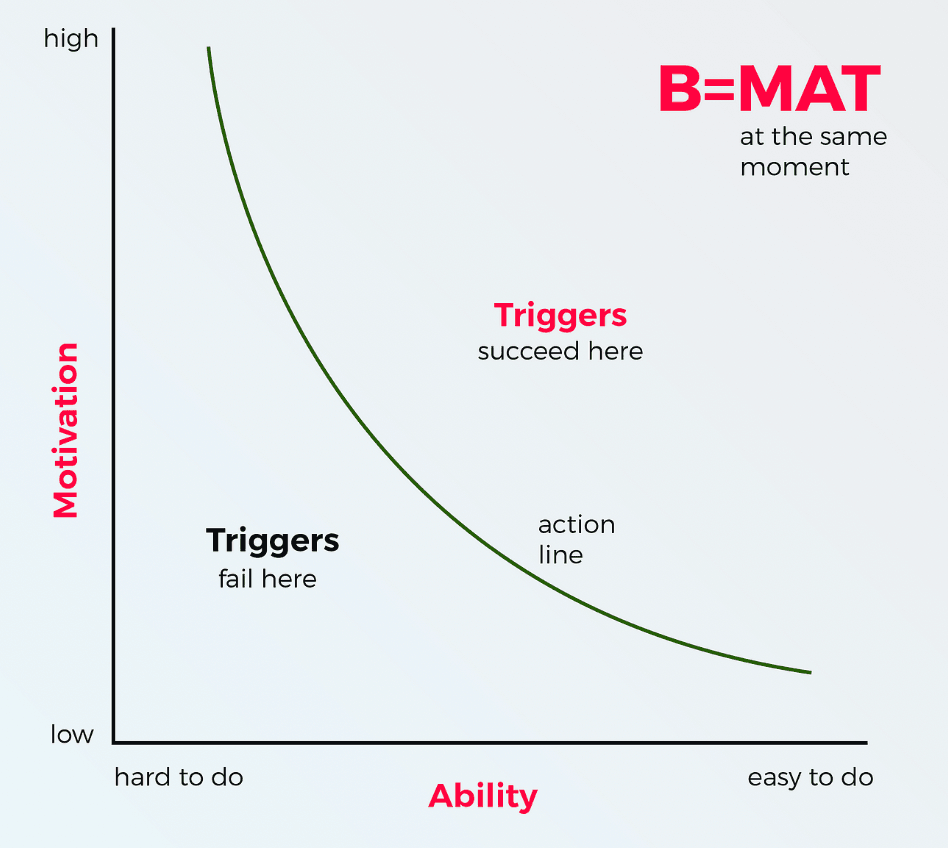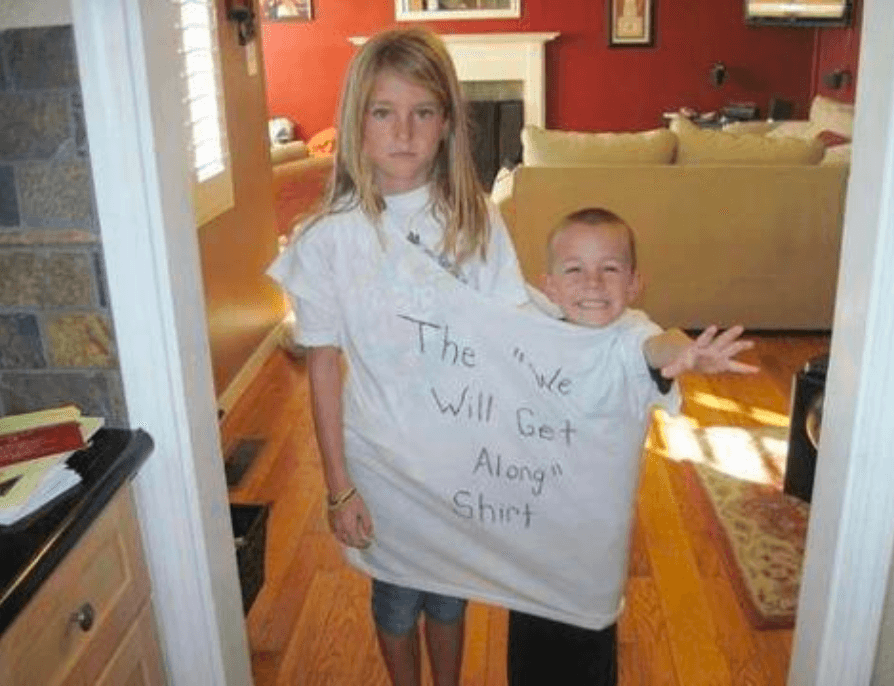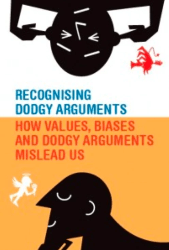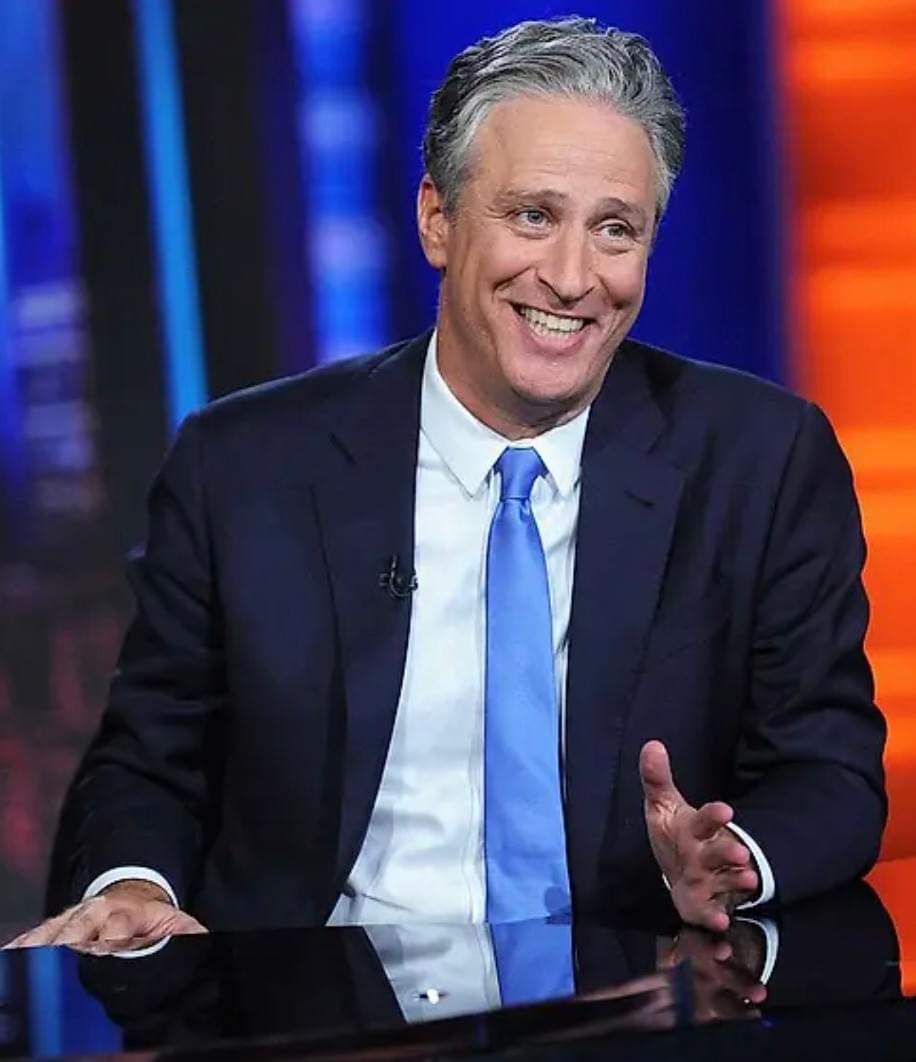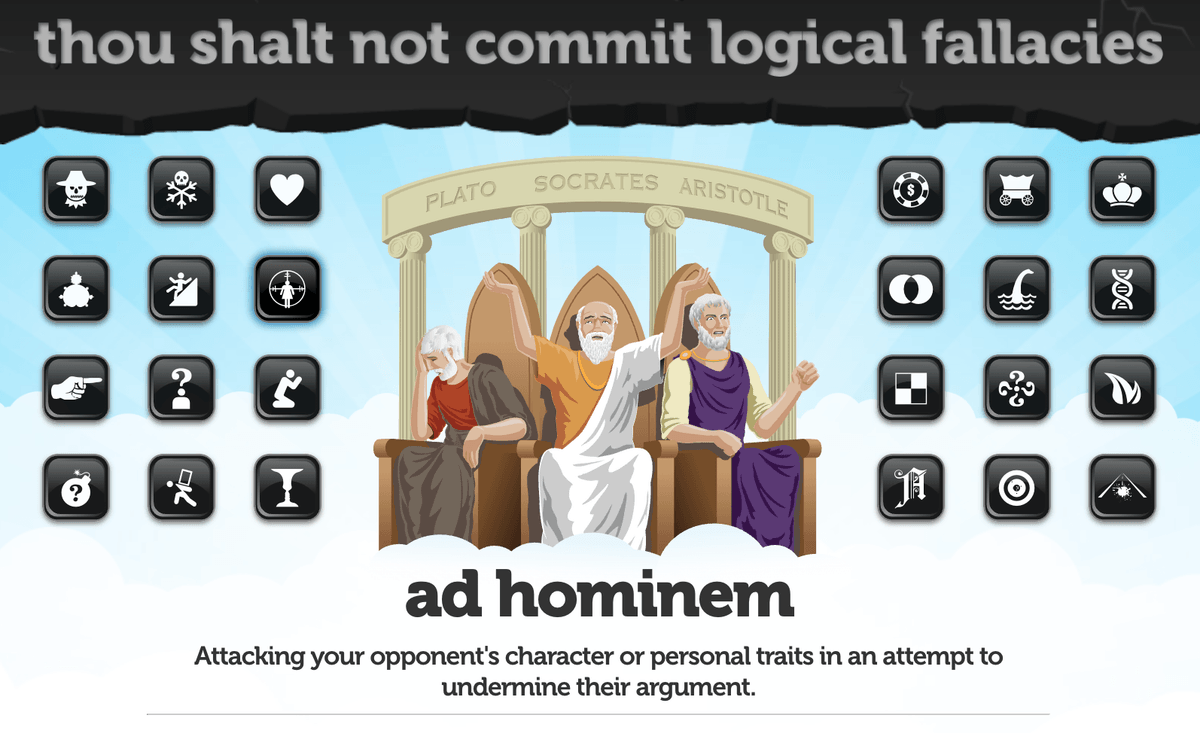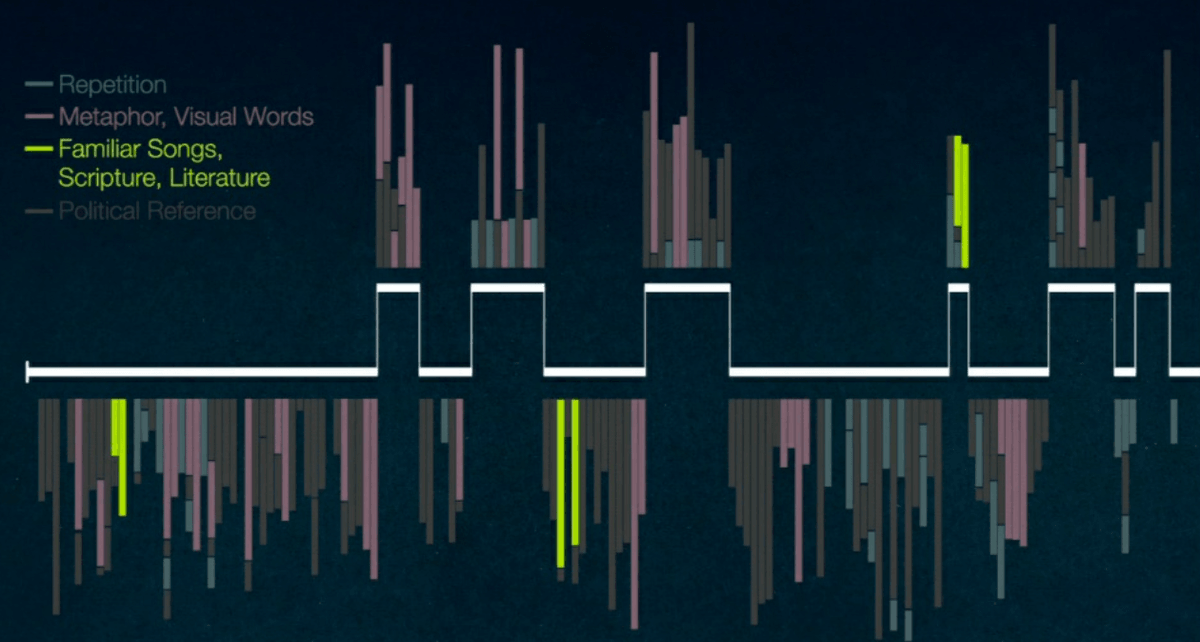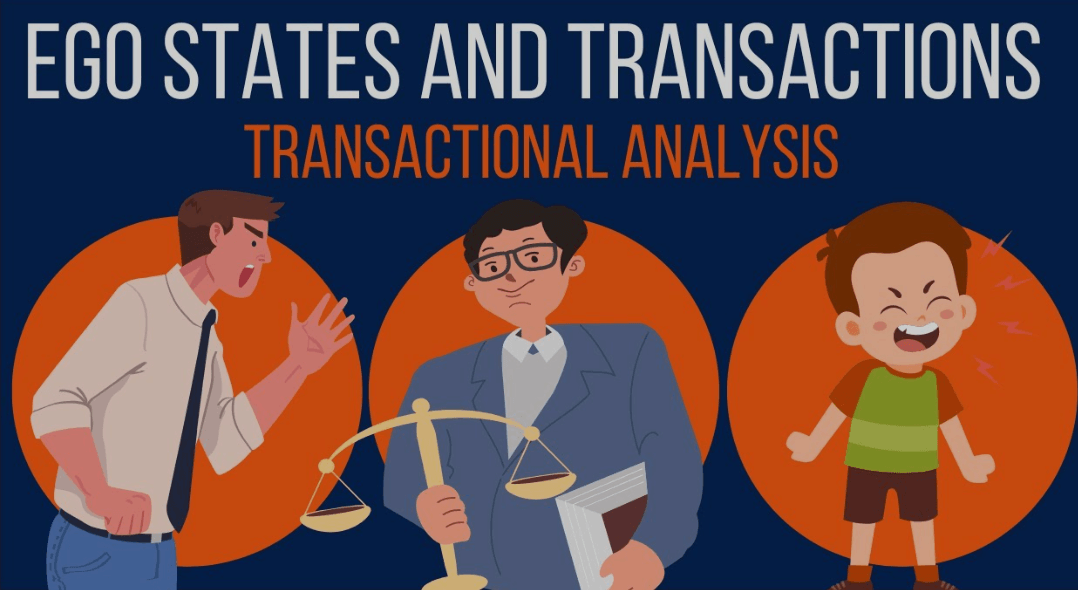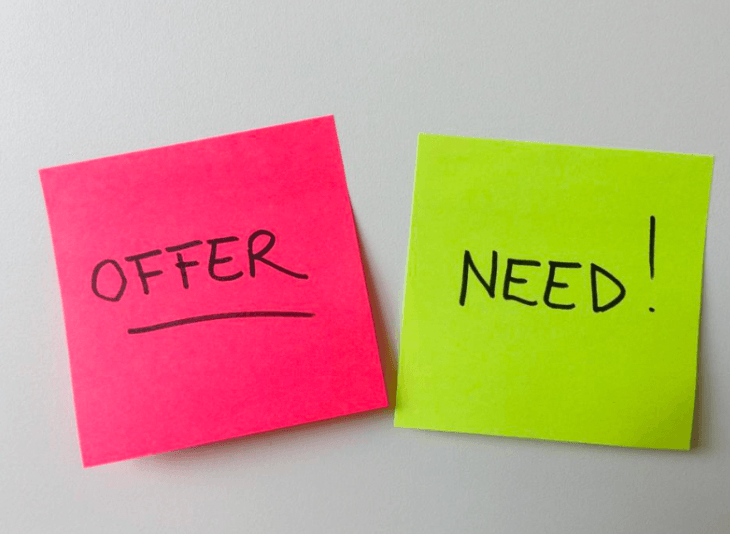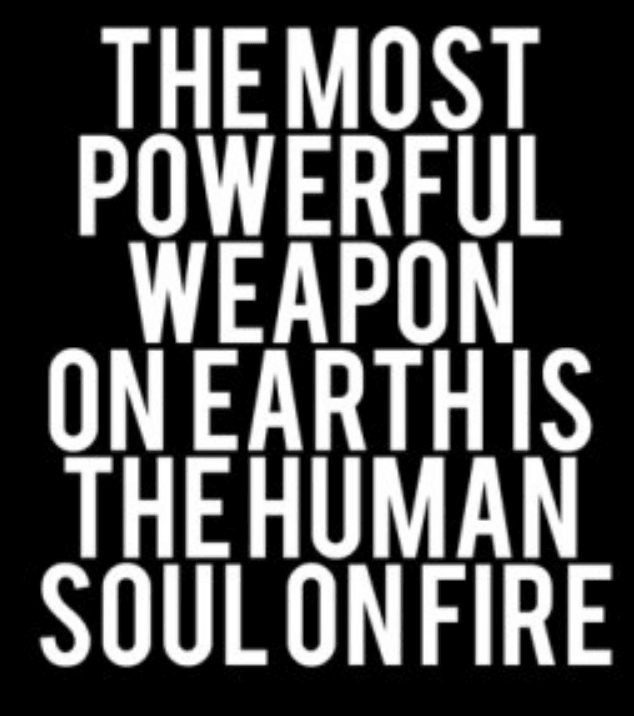
Change Agency

Motivating Sustainable Behaviour
Wondering how to bring about behaviour change? Psychology, neuroscience and research on motivation and values can provide insights.

Time for Sustainability
Time pressures, work-life balance and fractured connections with family and friends is a key ‘pain point’ of life today for many people. What if we framed ‘sustainability’ as a way to free up people’s time, reduce stress, and improve their work-life balance?

The Powers of Change
Power is the ability to make things happen to achieve goals — and it can take a number of different forms. But what is ‘power’, exactly? What kinds of powers are there, who has them and how can they be used?

Memes: The Mind-Viruses of Cultural Change
Memes are self-replicating ideas or cultural DNA — beliefs and actions that infect human consciousness, and are transmitted from mind to mind. What is it about memes that makes them travel across space and time, infecting minds across language barriers?

Design is the New Green
Environmental organisations and programs are not really about ‘environment’ at all — they are social, because they seek to create new patterns of behaviour among human beings in order to lessen our impacts on the ecological systems which sustain all life.

Three Tips for Effective Sustainability Conversations
Conversation intensifiers affirm your interest, and encourages and welcomes the contribution of the person with whom you are speaking. Why not try these tips for effectively starting and maintaining a conversation?

The Art of Conversation
How often to we get to engage in deep conversation, especially with those with whom we might differ? How can we interact without trying to control the direction or outcome of a conversation?

Taming the Argument As War Beast
Why do we argue? Why do we try to convince others? Who benefits? What do we expect to achieve?

Second Nature: Becoming Unconsciously Sustainable
What if we could design the world that produces so much ‘unsustainable’ as the default, to instead produce the ‘sustainable’?

A Study in Machiavellianism
What do you do if you encounter people who you suspect may be presenting themselves in one way and acting in another, maybe working against you, or who you feel may not be genuine?

The Corrosive Effects of Green Puritanism
Green oneupmanship is the blame game in disguise - it’s corrosive within the movement and one reason why people who don’t identify as part of the green movement dislike the green movement. ‘Mine’s Greener Than Yours’ is just ‘Keeping Up With the Joneses, Mark II’.

Lenses, Language and Engaging People
Though you are offering a bright vision of change, others may not be looking at things the same way. If you want others to engage, then look through the lenses of your intended audiences.

Five Strategies for Working With Black Hats
Black Hats bring a critical and necessary dimension to any discussion or decision making process. The ‘positive’ Black Hat state can help minimise risk, exercise caution and improve ideas, but too much ‘negative’ Black Hat energy – cynicism, fault-finding and turning professional differences into personal issues – is counterproductive.

The Messenger Matters
It’s not just what we say, or even how we say it – it’s who delivers the message. Have you ever successfully found the right messenger and stepped aside to enable your message to be received by your intended audience?

Surviving Personal Attacks
By definition, change agents are ‘the messenger’ – and one thing change agents can be certain of is that as messengers, shots will be fired at them. How should a change agent manage their response to messenger-shooting, or an ad hominem attack?

Understanding a Complex Cast of Characters
There are many lenses through which to understand personality types and people’s motivations, from Myers-Briggs to Values Modes to archetypes. Changemakers could also benefit from the wealth of psychological insights in fictional characters: in novels, movies and in RPG communities.

Be A Game Changer
Gamification is the application of game design, thinking and mechanics to non-game processes and systems. For changemakers, its possibilities as an engagement tool and behaviour change technique are only just beginning to be explored.

Has The Green Door Been Bolted?
Have you had any experiences where a message couched in ‘green’ or sustainability terms has been rejected, but a similar message framed in a different way has been accepted? What other ‘doors’ are there through which to reach people?

Values, Campaigns & Change
We are working in societies where a diversity of values are held, and we need to understand what the motivators are for different values groups in order to ‘frame’ our conversations and communications – which ‘dialect’ to speak.

Bugs Bunny, Archetypes & The Art of War for Change
Bugs Bunny plays the role of both a trickster and tactitian among his cast of cartoon pals. Tricksters in mythology and folklore raise consciousness, disobey norms and conventions. Tacticians and strategists can be found in unexpected places – and they might even be figments of our collective imagination.

How Working Less Can Give Us More
If we truly want to flex our citizen muscle – to have an active, engaged citizenry, and to evolve sustainable futures – then one of the most important keys is to find ways to help people take back their time.

What Jamie Oliver Can Teach Sustainability Activists
Changemakers should pay close attention to Oliver’s modus operandi, most likely informed by people skilled in the art and science of persuasion, but also carried by the leadership and interpersonal skills of Oliver himself.

Encoding Your Message With Story
Sustainability communications rely heavily on data and ‘selling’ an understanding of a situation, and expect a reasoned, rational response. But graphs, data, spreadsheets and logic-based approaches simply do not resonate with the vast majority. Stories resonate, and have the potential to shift hearts and minds.

The Magic Formula for Triggering Change
Fogg's Behaviour model shows that a behavior will only happen when three specific elements - motivation, ability, trigger - happen at the same moment. Represented as a formula, the model is B = MAT – ‘B’ (behaviour change), occurs when ‘M’ (motivation), ‘A’ (ability) and ‘T’ (a trigger) converge.

Five Ways To Rescue Groups Gone Bad
What can be done when things go off the rails in a meeting, workshop or public forum? Here are some of the most effective tools for the best chance of a positive outcome when things go awry.

Critical Thinking: Recognising Dodgy Arguments
This series of short animated videos will help develop critical thinking skills, so you can identify, counter and avoid the traps set by those using dodgy arguments.

Found in Translation: Comedy in Sustainability Communication
Comedy is an approach that must be utilised with caution and consideration – but done right, it can breach barriers that no other method can.

Know Your Logical Fallacies
Ever found yourself reacting with disbelief – rage, even – to any kind of public debate where there are massive holes in the logic of the arguments which are not pointed out by anyone who is moderating or participating?

How The King of Communicators Inspired Change
Ever wondered how the great orators of history crafted and delivered such memorable speeches that resonated with their audience? This dissection of Dr Martin Luther King's 'I Have A Dream' speech provides insights.

Know Thyself: Understanding Ego States
Is there someone you always seem to clash with, or encounter resistance from, someone who knows just how to push your buttons? These encounters can leave one or both parties angry, frustrated. It's possible to break such negative patterns of engagement, but it begins with being aware of what is going on during such exchanges.

How An Offers and Needs Market Builds Sustainable Practice
An Offers and Needs Market is a simple participatory process which can quickly unearth hidden or latent resources, ideas, connections and match them with those who could benefit from them. This can help people save money, meet their needs, and be helpful to others as well as contributing to sustainability goals of reuse and consuming less.

Strategic Questioning: Asking Questions That Will Make A Difference
Strategic Questioning is a way of talking with people with whom you have differences without abandoning your own beliefs and yet looking for common ground which may enable both parties to co-create a new path from the present situation.

The Art of Change
If change comes more from the heart than the mind, if we are more receptive to stories than information, to visual communication rather than words and data, what is the role of art?
